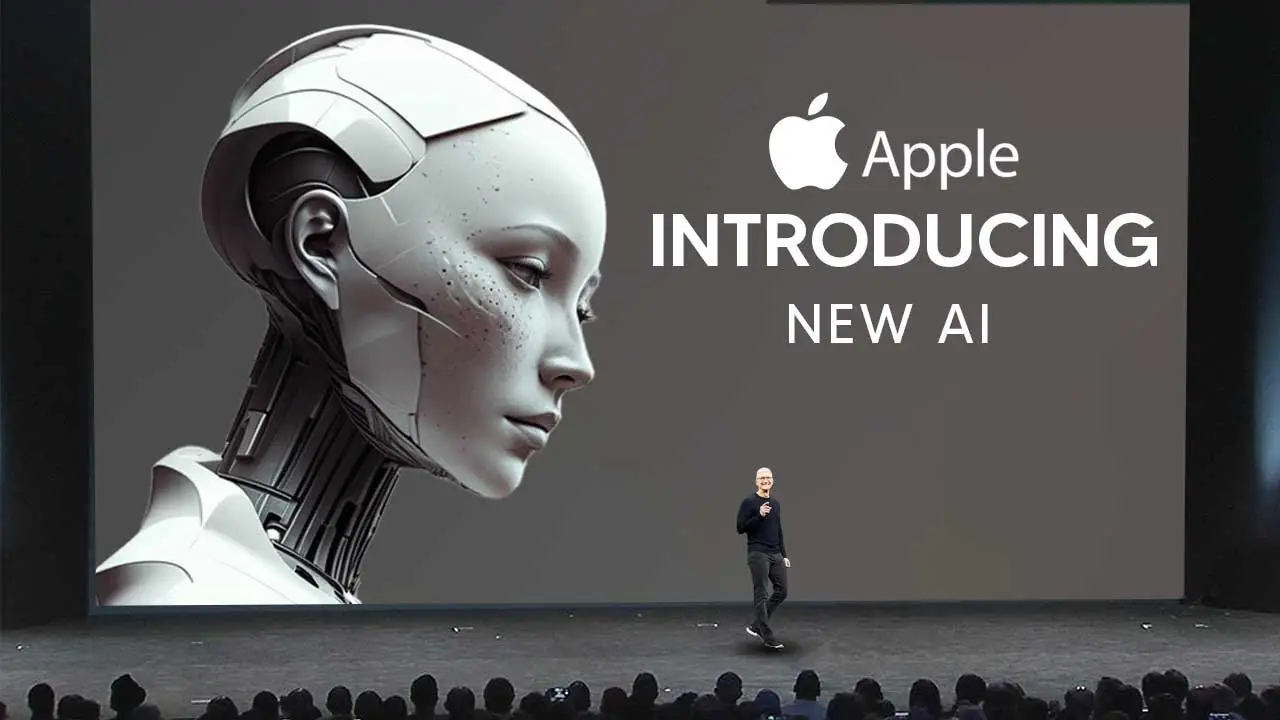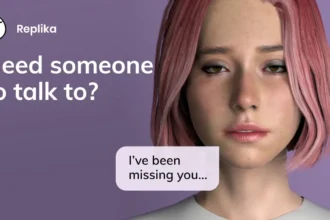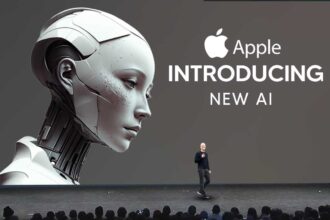Apple has found itself in the middle of a tech controversy after a bizarre speech-to-text glitch caused iPhones to transcribe the word “racist” as “Trump.” The error, which surfaced on February 25, left many users stunned and questioning whether it was an innocent mistake or something more deliberate.
The AI Mix-Up
Users discovered the issue when using Apple’s Dictation tool, which converts spoken words into text. When saying “racist,” the tool instead displayed “Trump.” Given the politically charged nature of the error, the internet erupted with speculation.
Apple quickly responded, attributing the issue to phonetic overlap between the two words and assuring users that a fix was in the works. According to The New York Times, the company has now patched the problem.
Experts Weigh In
John Burkey, founder of Wonderrush.ai and a former member of Apple’s Siri team, suggested that the error likely stemmed from an update to Apple’s servers rather than AI training data. Burkey, who still maintains contacts within Apple, explained that the nature of the mistake suggests it wasn’t just a random glitch.
“This smells like a serious prank,” Burkey speculated. “The only question is: Did someone slip this into the data or slip into the code?”
Burkey believes a hidden piece of software code in Apple’s system may have caused iPhones to swap out “racist” for “Trump.” However, Apple has not confirmed whether any external manipulation was involved.
Apple’s Recent AI Challenges
This isn’t Apple’s first stumble since rolling out its Apple Intelligence system last year. In January, the company was forced to disable a key feature—news aggregation and summarization—after it began generating wildly inaccurate summaries of media headlines.
The latest glitch raises questions about Apple’s AI quality control and the potential vulnerabilities of its speech recognition technology. While the company has swiftly resolved the issue, some experts argue that Apple must improve its oversight to prevent future missteps.
The Road Ahead
As Apple continues to refine its AI-powered features, incidents like these serve as a reminder of the complexities involved in speech recognition technology. While this may have been an unintentional mix-up, it underscores the importance of rigorous testing and ethical considerations in AI development.
For now, Apple users can rest assured that their devices will no longer confuse “racist” with “Trump.” But the incident has certainly left the tech world—and social media—buzzing.












